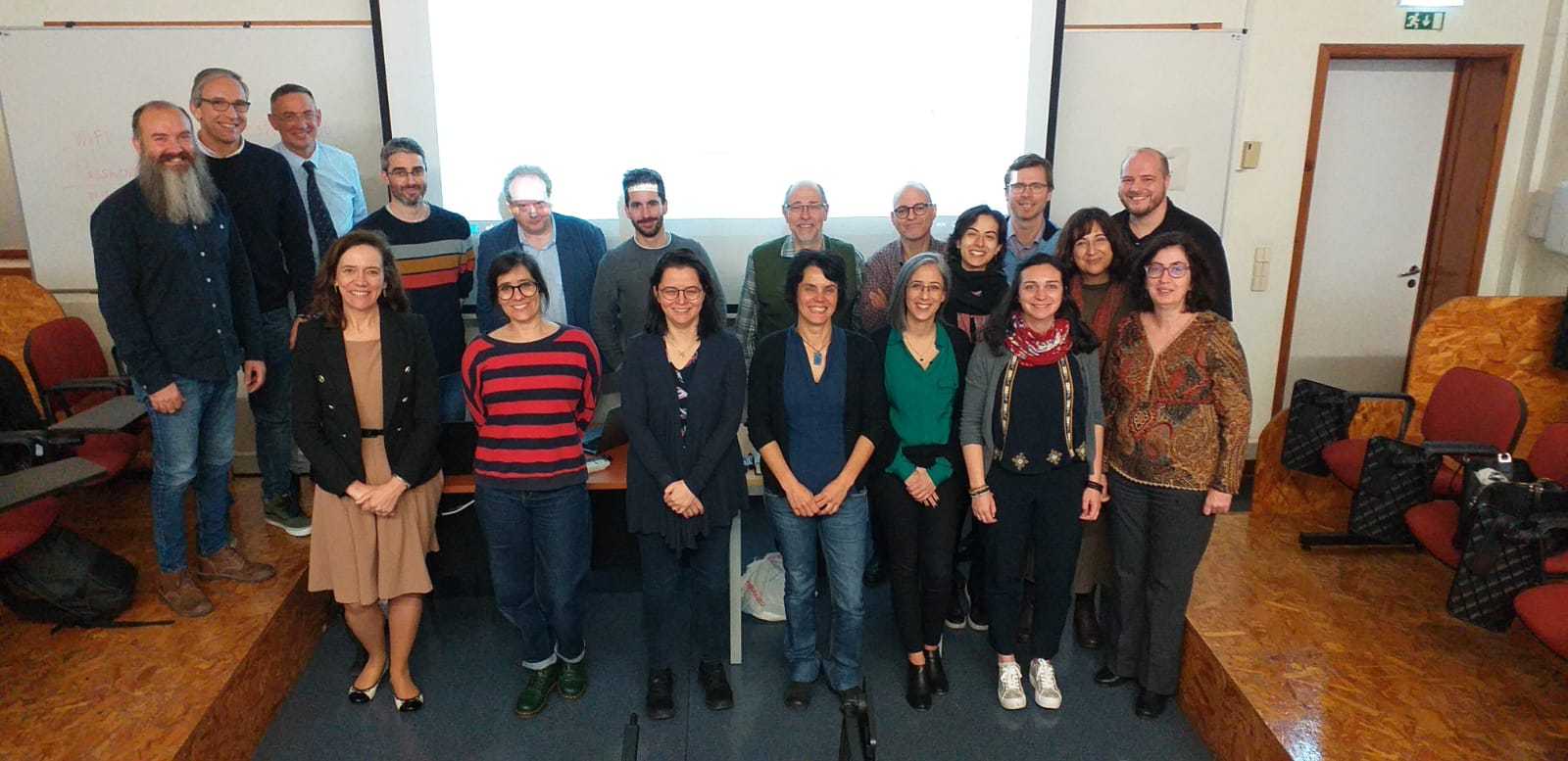
The iRead4Skills project, a European Union's new commitment to making adults literate, kicks off in Lisbon
CiTIUS will contribute its expertise in the area of Natural Language Processing (NLP) to the new EU's initiative to improve the skills of adults with low literacy skills.
To assess and reduce the gaps in reading skills of adults with low literacy levels, thus promoting the development of their fundamental and transversal competences. This is the aim of the iRead4Skills project, a new consortium led by the Universidade Nova de Lisboa in which CiTIUS will join forces with seven other European institutions over the next three years to improve the training of adults, which formally began work this Friday in the Portuguese capital during the project launch meeting.
The initiative has partners with expertise in social sciences, humanities and ICT from 4 different countries (Portugal, Spain, Belgium and Luxembourg) and is funded by the European Union with nearly 2.7 million euros, through its prestigious Horizon Europe Framework Programme for Research and Innovation. Members of this new interdisciplinary partnership include universities, an education policy expert and an ICT company.
Improving training in reading comprehension
iRead4Skills will assess the reading skills of adults with low literacy skills and develop tools to try to improve these skills. However, the aim of the project is even more ambitious: "although the focus is on reading skills, we believe that reducing the problems identified in this area will be fundamental for people to develop and improve other transversal skills, such as communication or the ability to solve problems," says Marcos Garcia, Ramón y Cajal researcher at CiTIUS and responsible for the USC centre's contribution to the project.
Throughout iRead4Skills, the relationship between the improvement of reading skills and other skills will be identified and monitored, such as basic skills (numeracy or ICT); transversal skills (technical skills, communication, teamwork, foreign languages, dealing with customers, problem solving, planning...); and even different generic skills, such as motivation, citizenship or well-being.
The project will also provide an intelligent reading system to assess the complexity of texts and suggest appropriate reading according to the individual's literacy level. This system will also be used to help the people in charge of training and producing the texts to create or adapt texts with the appropriate level of complexity in relation to the readers for whom they are intended. "From CiTIUS we will focus on the part of linguistic analysis and text processing," says Marcos Garcia. "On the one hand, we will collaborate in the definition of levels of linguistic complexity and readability; on the other hand, we will develop computational tools based on Natural Language Processing for the automatic identification and classification of these levels. The researcher also highlights the multilingual variant: "our contribution to this project will allow us to work both in Portuguese and Spanish, as well as to collaborate with the teams within the project that will focus on the analysis and processing of French texts", he explains.
iRead4Skills will promote various innovative initiatives in the learning process used to enable adults with low literacy skills to acquire and fix transversal and long-lasting competences, promoting these developments to match the ever-changing needs of the labour market. To this end, an open access application will be developed and implemented to enable the training and development of advanced competences through digital means, which will be available to both learners and teaching staff.
More capacity, further integration
Reading skills are essential for acquiring technical and scientific knowledge, whether in formal education and training contexts, such as Adult Learning, or in practical, empirical work contexts (such as when companies provide specific written information or instructions to their workers). People with low literacy skills are less able to acquire and maintain the transversal and long-lasting competences needed to keep pace with changes in the labour market and to lead full and meaningful lives.
Funded by the European Union. Views and opinions expressed are however those of the author(s) only and do not necessarily reflect those of the European Union. Neither the European Union nor the granting authority can be held responsible for them.